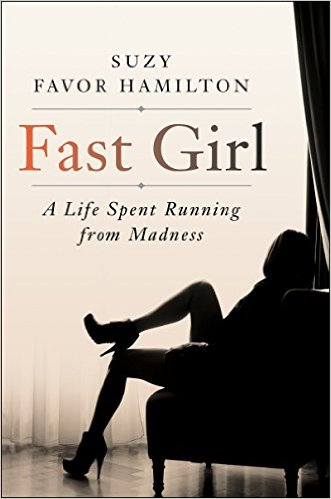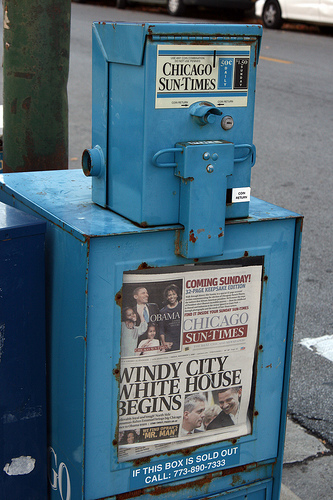Whenever I see a movie about the lives of sex workers, I find myself automatically assessing whether or not the story represents us authentically—or, more accurately, picking apart the ways that it inevitably doesn’t. Tangerine was really the first time I’d seen a movie about us where I didn’t leave the theater with a mental… Continue reading Tangerine (2015)
Fast Girl: A Life Spent Running From Madness (2015)
Suzy Favor Hamilton’s autobiography, Fast Girl: A Life Spent Running From Madness, catalogs the Olympic runner’s experience with mental illness, her career shift from professional mid-distance running to high-end escorting, and her eventual outing and diagnosis as bipolar. Following the birth of her daughter and her retirement from running, Favor Hamilton found her career path… Continue reading Fast Girl: A Life Spent Running From Madness (2015)
Shoplifting Safety: How Civilians Deny The Consent of Sex Workers
Content warning: this piece contains discussion of sexual violence. You may have read the recent editorial in the Chicago Sun-Times, an opinion piece in which Mary Mitchell argues that sex workers who are raped by a client are making a mockery of “real” rape survivors by even considering what happened to them to be sexual assault.… Continue reading Shoplifting Safety: How Civilians Deny The Consent of Sex Workers
How Did Mary Mitchell Blame The Victim And Still Get Published?
Content warning: this piece contains discussion of sexual violence. By now, most reading this are probably familiar with Mary Mitchell’s Chicago Sun-Times column in which she editorializes that sex workers are responsible if they are raped, for they willingly put themselves “at risk for harm”—as if the rape of a sex worker is an occupational… Continue reading How Did Mary Mitchell Blame The Victim And Still Get Published?
Fuck Your Feminist Porn
Last year, I was short on cash and struggling with full service work. For the first time in my life, I approached a porn company. This was no ordinary porn company—they made this known every step of the way. They were “alternative” and “empowering.” They were “feminist” and made “erotica.” They were a company that was… Continue reading Fuck Your Feminist Porn




